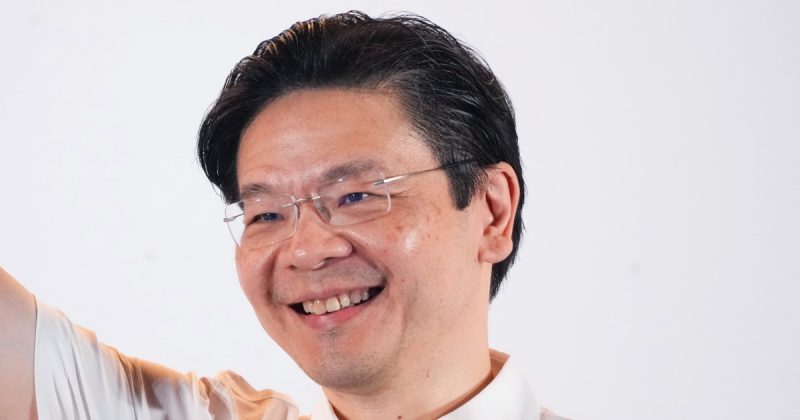
Singapore’s ruling People’s Action Party (PAP) has secured a resounding victory in Saturday’s general elections, extending its 66-year reign. This landslide win provides a significant boost for Prime Minister Lawrence Wong, who assumed office just a year ago. The PAP secured 82 parliamentary seats, with an additional five uncontested, giving them a commanding 87 out of 97 total seats. The opposition Workers’ Party retained its 10 seats.
The PAP’s popular vote increased to 65.6%, a rise from the near-record low of 61% in the 2020 elections. Celebrations erupted across the city-state as jubilant supporters gathered to mark the victory. Prime Minister Wong expressed gratitude for the strong mandate, vowing to work harder for the people of Singapore.
Political analysts were surprised by the opposition’s failure to make significant gains, despite the rising cost of living and concerns about income inequality in Singapore. Professor Eugene Tan of Singapore Management University highlighted the voters’ implicit trust in a party with a proven track record of delivering economic prosperity. He suggested that voters prioritized stability in the face of global economic uncertainty.
Prime Minister Wong, a U.S.-trained economist and finance minister, successfully framed his campaign around the need for a strong mandate to navigate Singapore’s economic challenges, particularly in light of previous U.S. tariff hikes. The government had recently lowered its growth forecast and warned of a potential recession, making economic stability a key election issue.
Wong’s succession to Lee Hsien Loong marked the end of a family dynasty that had shaped Singapore’s political landscape for decades. While the PAP’s dominance is undeniable, growing concerns about government control, rising living costs, and income inequality have led to some discontent, particularly among younger voters. The opposition, while acknowledging the challenge, remains committed to advocating for a more balanced political system and greater accountability.
Despite the overall victory for the PAP, the Workers’ Party leader, Pritam Singh, noted the competitive nature of the election and pledged to continue their efforts towards a more representative parliament. Political analyst Bridget Welsh observed that while the Workers’ Party failed to expand its representation, it did consolidate its support base in certain areas. Other smaller opposition parties, however, failed to achieve any significant breakthroughs.
Welsh attributed the PAP’s success to a combination of factors, including a desire for stability amidst global economic uncertainty and Wong’s more engaging leadership style, particularly in reaching out to younger voters. She also noted the party’s efforts to rejuvenate its image by including a substantial number of new faces in its candidate lineup. In her analysis, the election outcome reflects a confluence of factors, which she termed ‘the Wong and Trump effect’, emphasizing the importance of economic security in shaping voter choices.










